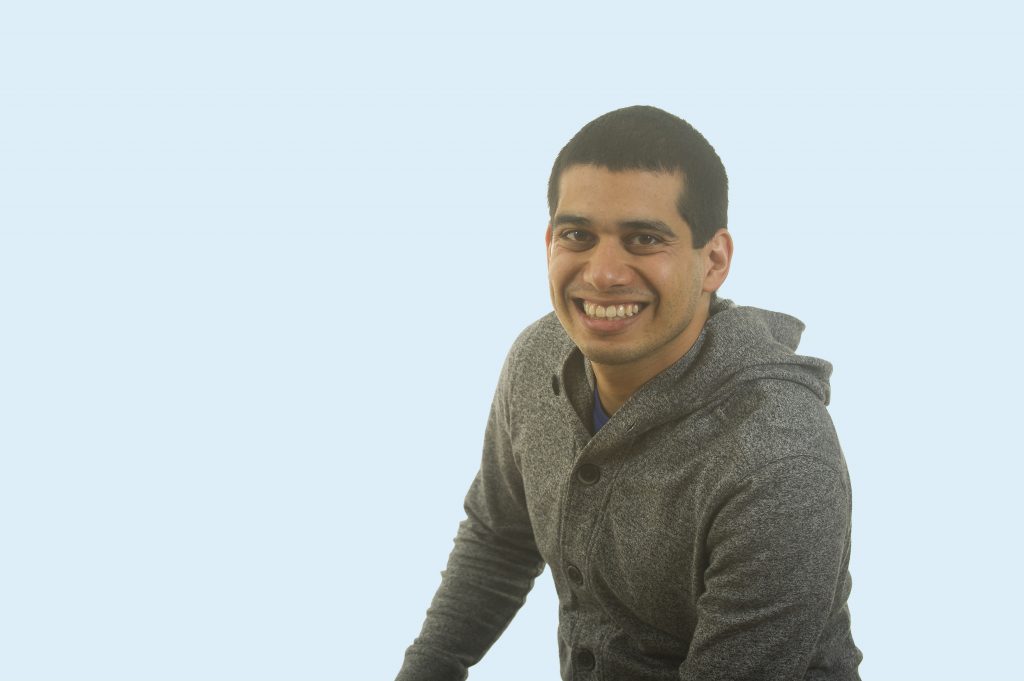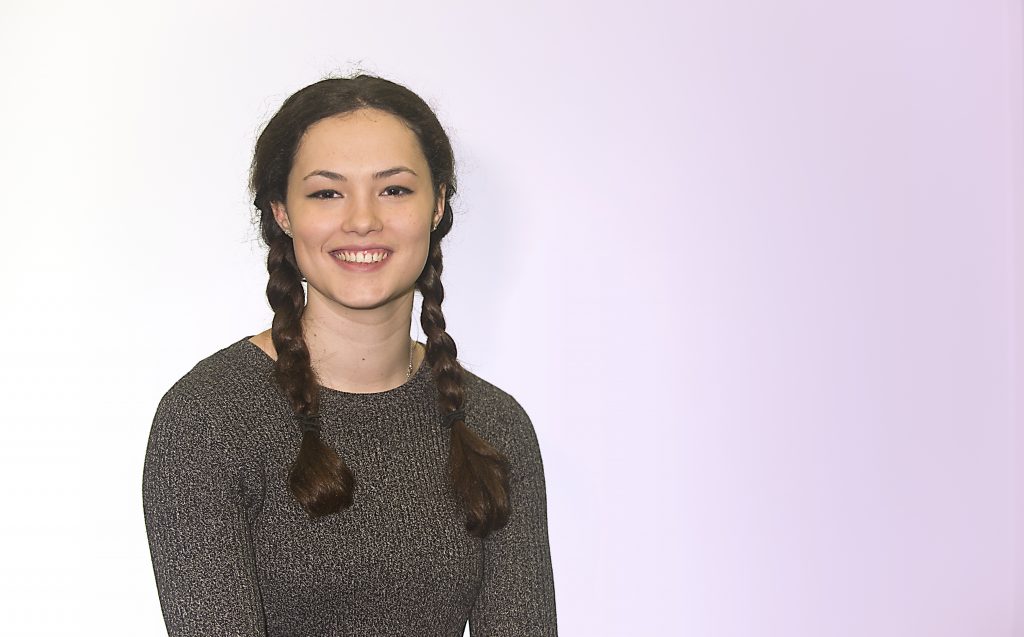Roberto Villalobos Herrera, a postgraduate student studying an MSc in Hydroinformatics, answers some frequently asked questions on postgraduate opportunities in Water Resources Engineering.
Earlier this month Newcastle University held its Postgraduate Open Day, providing a meeting point between potential students, currents students and staff members. I supported the event as a current postgraduate student and several candidates came forward with questions regarding postgraduate opportunities offered by Newcastle University. As a current MSc student studying Hydroinformatics, here are my answers to some frequently asked questions.
- Are students allowed to change modules of their course?
Yes, with conditions. You can change up to two of the modules in your course (representing 20 credits). This is usually done during the second semester as there are more specialty modules and not for the first semester where most modules are core to the syllabus. The conditions are that any change must be approved by the Degree Programme Director. There’s a range of modules available for you to ‘switch’ to, however scheduling limitations must be met.
- How maths intensive is the course?
Students are expected to be competent in mathematics by the end of semester 1. There is a core module, Quantitative Methods for Engineering, which is oriented towards levelling the math skills of the class. Completing this module is simple if you have a strong background in Engineering, other technical undergraduates or A-Level Maths. If you come from a different background or haven’t used maths in a while you might need to work harder but the course is designed to give all students the mathematical tools they need to successfully complete the degree.
- What do you mean by ‘core’ modules?
The four MSc programmes (Hydrology and Climate Change, Hydroinformatics, Flood Risk Management, and Hydrogeology and Water Management) share common core modules during semester 1. These are Quantitative Methods for Engineering, Hydrosystems Processes and Management, Hydrosystems Modelling, and Climate Change: Earth System, Future Scenarios and Threats.
- What’s it like to live in Newcastle?
The environment here is great, the city centre is just the right size to walk anywhere in under 30 minutes, and the public transport links are top-notch. The people here are welcoming and friendly and there’s a great deal to do and see throughout the year. Nature-lovers will find the Pennines and other great places nearby, the coast is beautiful and the River Tyne majestic. Night-life in Newcastle is well famous and lives up to the hype but if you’re a bit more laid back there are great alternatives such as comedy clubs, live music bars, pubs, restaurants, theatres…
- Is there plenty of study room in the Library?
Yes, it gets busy during exam season but there’s plenty of options for you to find a free computer or study desk, and their opening hours get extended to help cope with the extra demand. The University app is great for this because it tells you where computers are available and how busy the libraries are. CEG MSc students also have access to a resource room in Drummond building with computers and study space on top of the Isaac computer cluster in Cassie building.


